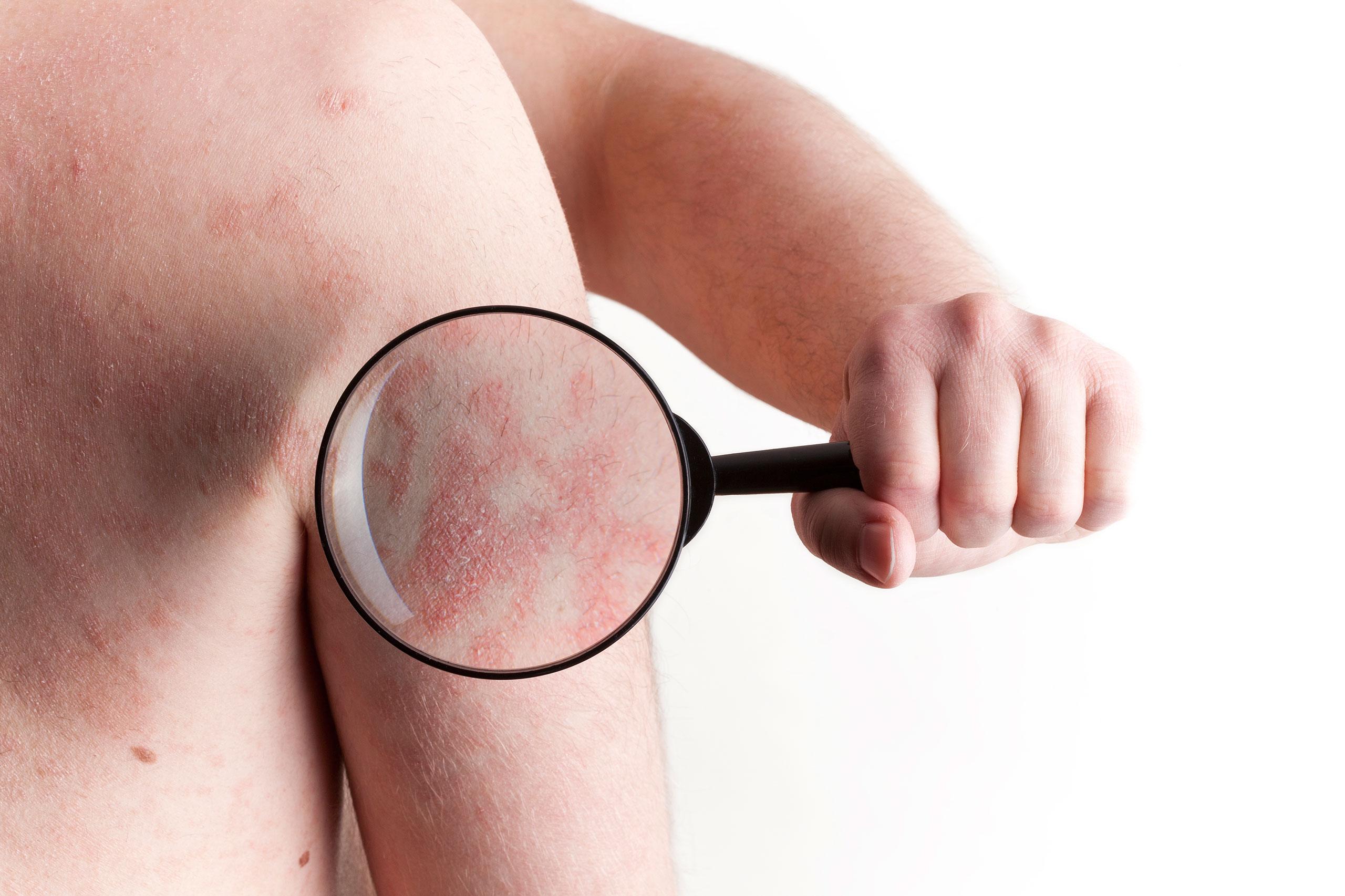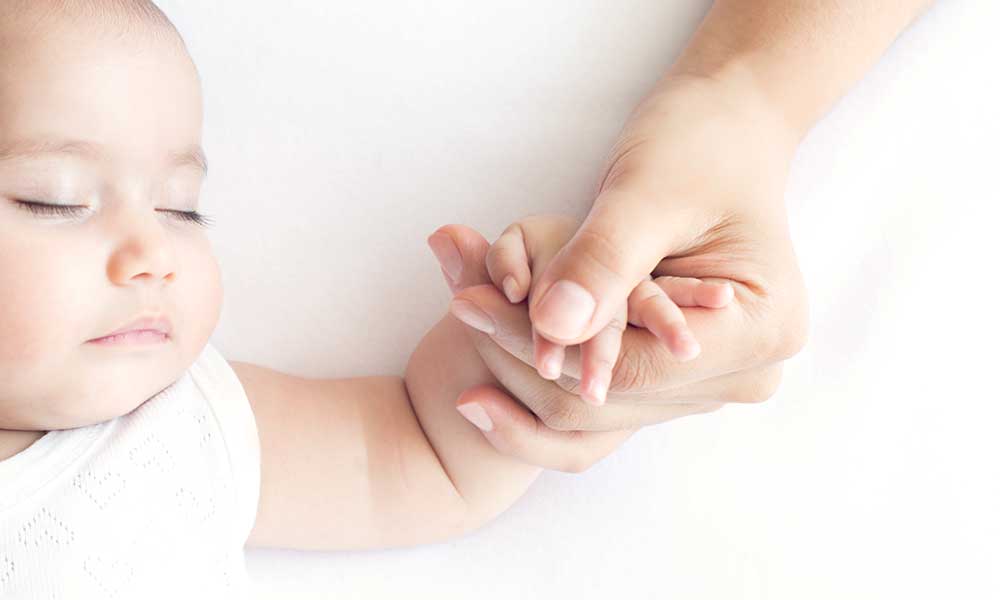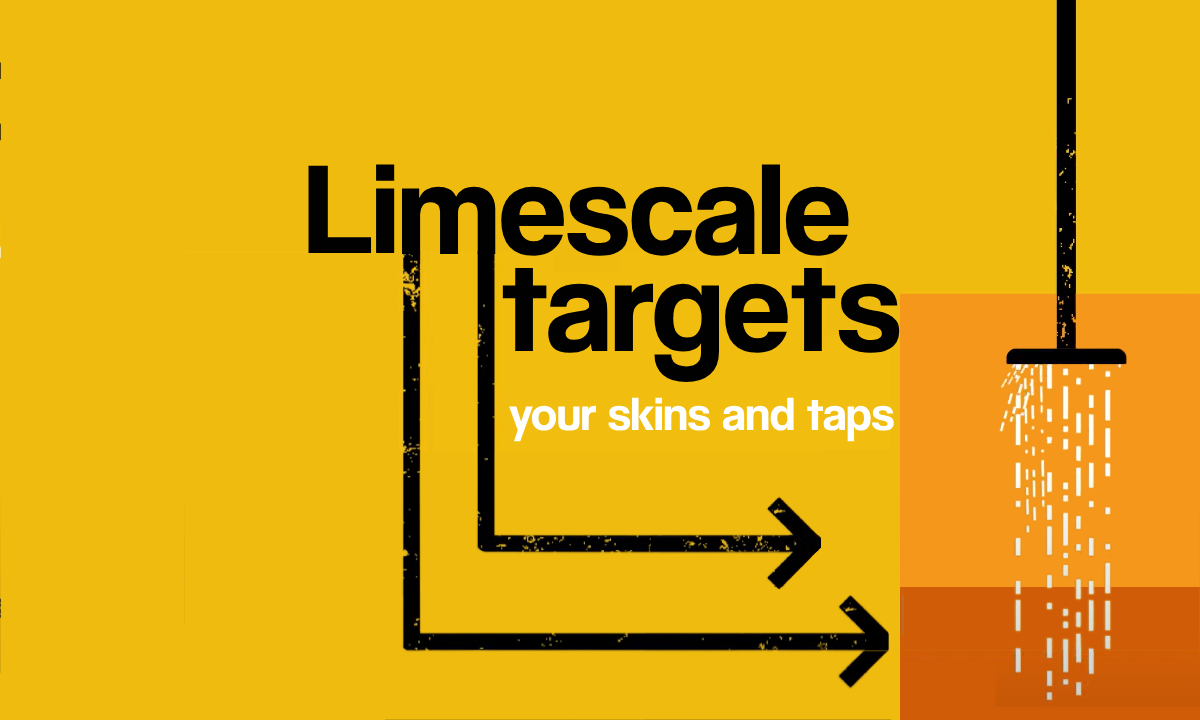What Is The Difference Between Eczema & Psoriasis?


Many people don’t know the difference between eczema and psoriasis. Both are skin conditions that are linked to your immune system and both can cause red, itchy patches of dry skin. However, there are some key differences between the two conditions, from their appearance and the symptoms they cause, to what triggers them and the conditions they are linked to. Read on to learn more…
Both skin conditions can cause red and irritated patches of skin but there are some key things to look out for when it comes to spotting the difference between eczema and psoriasis. While eczema may cause your skin to appear inflamed, peeling, cracked, blistered or pus-filled, it generally doesn’t result in scaly dead skin. Psoriasis, on the other hand, is often characterised by thick patches of silvery scaly skin which is caused by a buildup of dead skin cells.

When it comes to the symptoms of eczema and psoriasis, there are a few notable differences. Firstly, while both conditions cause itchy skin, psoriasis also causes a stinging or burning sensation which has been compared to being bitten by fire ants. Secondly, the symptoms of eczema usually appear earlier than those of psoriasis. Most people develop eczema as babies or children, and sometimes grow out of it later in life, while psoriasis usually appears between the ages of about 15 and 35, and it is a lifelong condition.
While both eczema and share some triggers, like stress and infection, the two conditions are usually linked to separate factors. Eczema usually results from things that irritate your skin like soaps, detergents and disinfectants, as well as things that set off allergies such as dust, pets, pollen, mold and some foods. Psoriasis shares some of these triggers, but you can also get flare-ups when your skin is injured, for example after sunburn, scratches and vaccinations, or if you take certain medications.
Another key difference is that they are typically linked to different conditions. People with eczema often suffer from dry, sensitive skin and may have other family members with the same skin condition. Psoriasis, on the other hand, tends to be linked to more serious health conditions such as diabetes, heart disease, or depression.

Whether you’ve got eczema or psoriasis, a doctor can recommend the best treatments to manage the condition. In both cases, it is possible to relieve discomfort and reduce dryness and itchiness by keeping the skin clean and moisturized; avoiding harsh soaps and very hot water; and using a water softener if you live in a hard water area to remove excess calcium and magnesium from the water which can worsen existing symptoms. Other treatment options include light therapy for psoriasis, and various lifestyle changes for eczema including: avoiding known allergens, reducing stress, and wearing soft gloves at night if scratching during sleep is a problem. For more severe cases of eczema and psoriasis, a doctor may also prescribe medicated creams and ointments to reduce symptoms.
Talk to one of our water experts about how a water softener could benefit you and potentially ease skin irritations – click to book a demo today!

